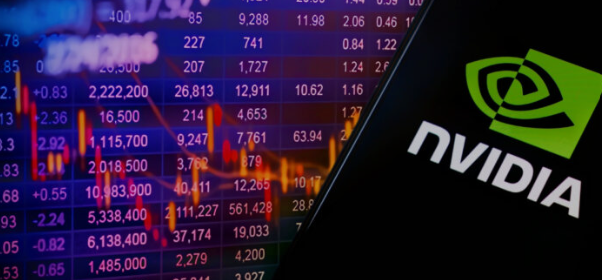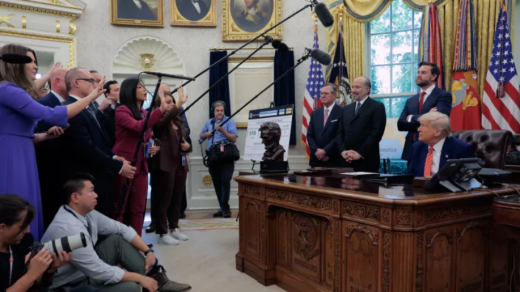Nvidia H20 export restrictions are set to make a major dent in the company’s upcoming earnings, with Nvidia announcing a $5.5 billion charge for its fiscal Q1 2026. The charge comes after the U.S. government imposed new export licensing rules for its AI chips to China — particularly targeting the H20 chip designed to comply with earlier restrictions.
The news triggered a sharp 6.5% drop in Nvidia’s stock early Wednesday, reflecting investor concern over the growing tension between Washington and Beijing.

Nvidia H20 export restrictions force billion-dollar charge
In a filing Tuesday evening, Nvidia disclosed that on April 9, the U.S. informed the company it would need a license “indefinitely” to sell its H20 chips to Chinese clients. These chips were created with lower specs to meet previous export rules but now fall under stricter controls.
Nvidia said the new policy is aimed at preventing the chips from being used in Chinese supercomputers. As a result, the company expects a $5.5 billion hit to Q1 results, accounting for inventory, future purchase agreements, and related reserves.
Nvidia H20 export restrictions impact broader chip market
According to Morningstar Research, China’s share of Nvidia’s total revenue has dropped from 20% to just 10%, and is likely to approach zero under the current restrictions.
The U.S. Commerce Department is also extending similar export license rules to AMD’s MI308 chip. AMD warned that it may face up to $800 million in charges if it can’t obtain the necessary permissions. Its shares also slid 6% on the news.
Analysts at Citi pointed out that the export curbs may ripple across the U.S. semiconductor space, impacting companies like Micron and Broadcom as well — especially due to their ties to Chinese tech giants like ByteDance.
Source: www.investopedia.com



